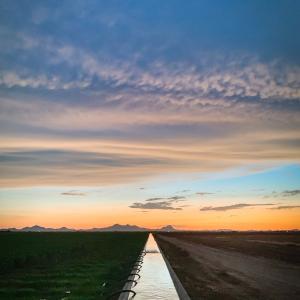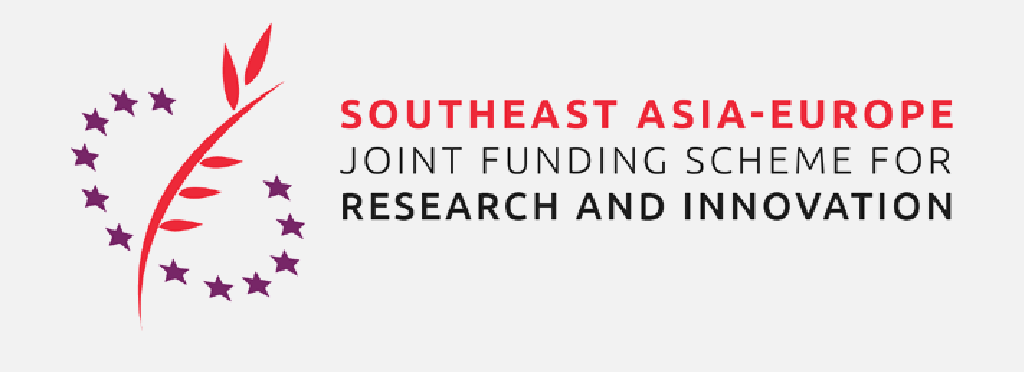
2nd Joint Call: Irrigation4.0
Background
Both in Southeast Asia and Europe, the transition towards a bio-based economy holds great potential for economic growth, rural development and decreasing fossil fuel dependence, but requires tackling important challenges. One of these is the steady, reliable and affordable supply of sustainably produced biomass in the agricultural sector. A reliable supply of biomass (for food, feed, fuel) in terms of quantity, quality and continuity, heavily depends on agronomic management practices.
This is also the case for irrigation in regions where rainfall does not cover the physiological needs of plants to achieve the maximum yield potential, and co-occurring environmental conditions such as high temperatures contribute to drought stress. Irrigation needs to be sustainable in terms of water use, and affordable on a macro-economic (production costs versus market value) and micro-economic level (costs versus yield gain). A smart irrigation system aimed at optimizing water use in a cost- and effort-affordable way addresses the EU and SEA bioeconomy strategies for the agricultural sector, including the sustainable exploitation of resources, resource use efficiency, and rural development.
The Project
The irrigation-dependency of plant biomass production and the deficiency of resources will further increase due to climate change. The project involves the development of a new irrigation scheduling system that can reduce water consumption in the agricultural sector by being tuned to the plant’s actual water use, and to agronomic practices aimed at maximizing yield. This collaborative project aims at creating innovation as it is fully embracing the concepts of agriculture 4.0, and fits within the strategic objective of mitigating and adapting to climate change.
The project focuses on two different plant species and production systems that require appropriate irrigation to achieve high yields: high-value fruit orchards (durian)and an arable crop (maize). These were chosen in order to maximize the project’s potential application areas, to raise its scientific value in terms of plant water use for a tree species and an annual C4 monocot crop, and to challenge the technology under different scenarios.
The Science
The objective of the project is to improve a soil moisture and evapotranspiration-based irrigation scheduling system in a wireless sensor network (WSN) platform, by means of high temporal resolution data informing about plant water status. Psychrometers and thermal infrared cameras, providing stem water potential and canopy temperature data, will be added to the WSN. The improved platform will cope with large data volumes, new processing algorithms requiring significant computing performance, and an increased power consumption. The plant-based sensors will be critically tested for their value in increasing our understanding of plant water use throughout development and in interaction with the environment. The improved irrigation platform will then be installed in a durian (Durio zibethinus L.) orchard in Thailand for performance testing and data collection. Machine learning approaches will be applied to develop plant water potential and canopy temperature index models, and to classify plant responses to irrigation, water-deficit, and environmental conditions across the growing season. The new irrigation scheduling system in the adapted platform will be extensively tested in a durian orchard and a maize (Zea mays L.) field plot for performance, irrigation accuracy and effects on yield.
The Team:
The Irrigation4.0 partners are:
Dr. Teera Phatrapornnant : National Electronics and Computer Technology Center, National Science and Technology Development Agency, Thailand
Dr. Nathalie Wuyts: Forschungszentrum Jülich, Institute of Bio- and Geosciences, IBG-2: Plant Sciences, Germany
Porf. Dr. Khin Than Mya: Faculty of Computer Systems and Technologies, University of Computer Studies, Yangon, Myanmar
Contact:
Teera Phatrapornnant: teera.phatrapornnant@nectec.or.th
featured image from unsplash.com

